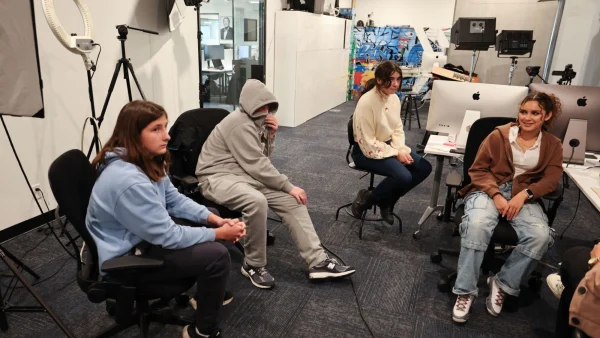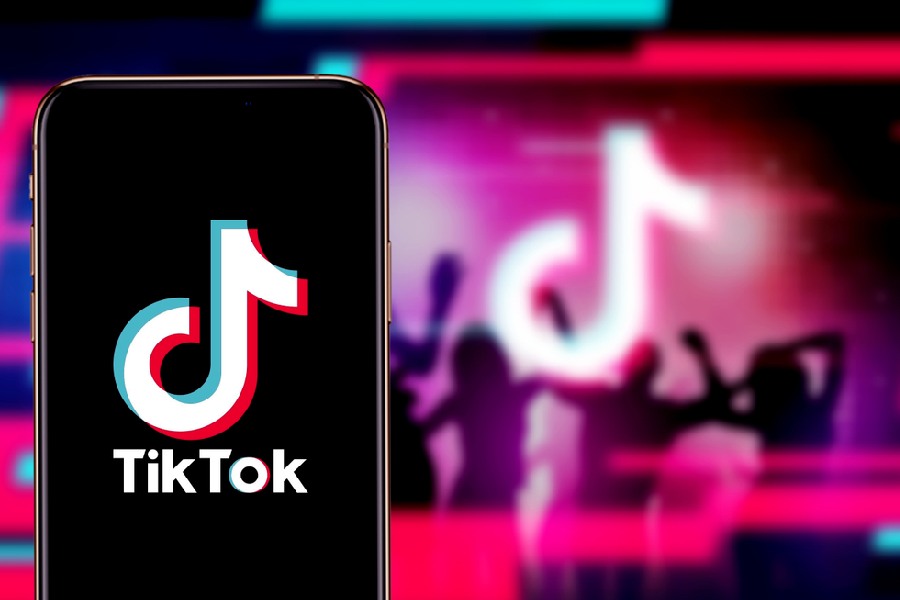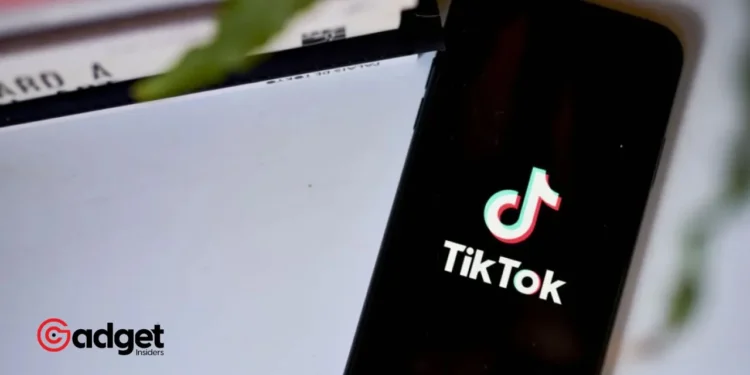In the evolving landscape of digital media, TikTok has emerged not just as an entertainment platform but as a cornerstone of income and exposure for creators across the United States. The app’s potential ban, following a bipartisan bill passed by the House of Representatives, has sparked widespread concern among its users. The economic repercussions of such a decision could be profound, affecting a diverse array of content creators who have built careers and communities through the app.
The Creator Economy at Risk
For individuals like Alex Pearlman, a former customer service worker turned stand-up comedian, TikTok has been nothing short of transformative. Pearlman, who amassed over 2.5 million followers by sharing jokes and commentary on pop culture and politics, represents a section of the American workforce that has found not just a voice but a livelihood on the platform.
“I don’t take a day for granted on this app, because it’s been so shocking,”
Pearlman remarked, emphasizing the app’s role in American social media over the past four years. His story reflects a broader narrative where TikTok has enabled financial stability and unprecedented personal growth for many.

Creators fear the economic fallout of a TikTok ban, arguing it would dismantle a vibrant digital marketplace and the unique opportunities it provides. Jensen Savannah, a travel influencer from Charlotte, noted the efficiency of social media marketing through platforms like TikTok, which she argues offers more bang for your buck compared to traditional advertising mediums. This sentiment is echoed by creators who view the app as an indispensable tool for income, engagement, and exposure.
A Platform for Diversity and Representation
Beyond its economic implications, TikTok has served as a digital equalizer, offering visibility and opportunity to marginalized groups. Content creators of color, like Joshua Dairen from Auburn, Alabama, have found the platform instrumental in carving out spaces for representation and dialogue. Dairen, who creates content focused on Alabama’s ghost stories and urban legends, highlighted TikTok’s role in fostering a sense of belonging and community for people seeking representation.

Chris Bautista, a food truck owner and LGBTQ+ community member in Los Angeles, stressed the social and emotional support system that TikTok has become. For Bautista and many others, the platform has been a lifeline during challenging times, offering both financial support and a sense of belonging. The potential ban not only threatens this support system but also risks erasing the progress made in digital inclusivity and representation.
The Debate Over TikTok’s Future
The discourse surrounding TikTok’s future in the U.S. is fraught with concerns over data security and the influence of its China-based owner, ByteDance. While lawmakers cite national security concerns, the platform denies any wrongdoing, and the U.S. government has yet to provide concrete evidence of data misuse. This uncertainty leaves creators like Pearlman feeling like the real issues at stake—such as the addictive nature of social media and its impact on young minds—are being overlooked.
TikTok Creators Warn of Economic Impact if App Gets Banned https://t.co/rd2kvnjUPP pic.twitter.com/GiahgP88PY
— Jean Caragher (@JeanCaragher) March 18, 2024
As the Senate deliberates the fate of TikTok, the broader conversation reflects a struggle over the balance of power, the protection of digital ecosystems that have flourished under the app’s influence, and the preservation of a platform that has become a vital part of America’s cultural and economic fabric. The outcome of this legislative process could redefine the boundaries of digital creativity, economic opportunity, and social connectivity in the digital age.

In this pivotal moment, the voices of TikTok’s diverse creator community highlight a resounding plea for thoughtful consideration of the platform’s multifaceted value. As the debate unfolds, the story of TikTok is a testament to the power of digital platforms in shaping lives, livelihoods, and the landscape of modern media.










